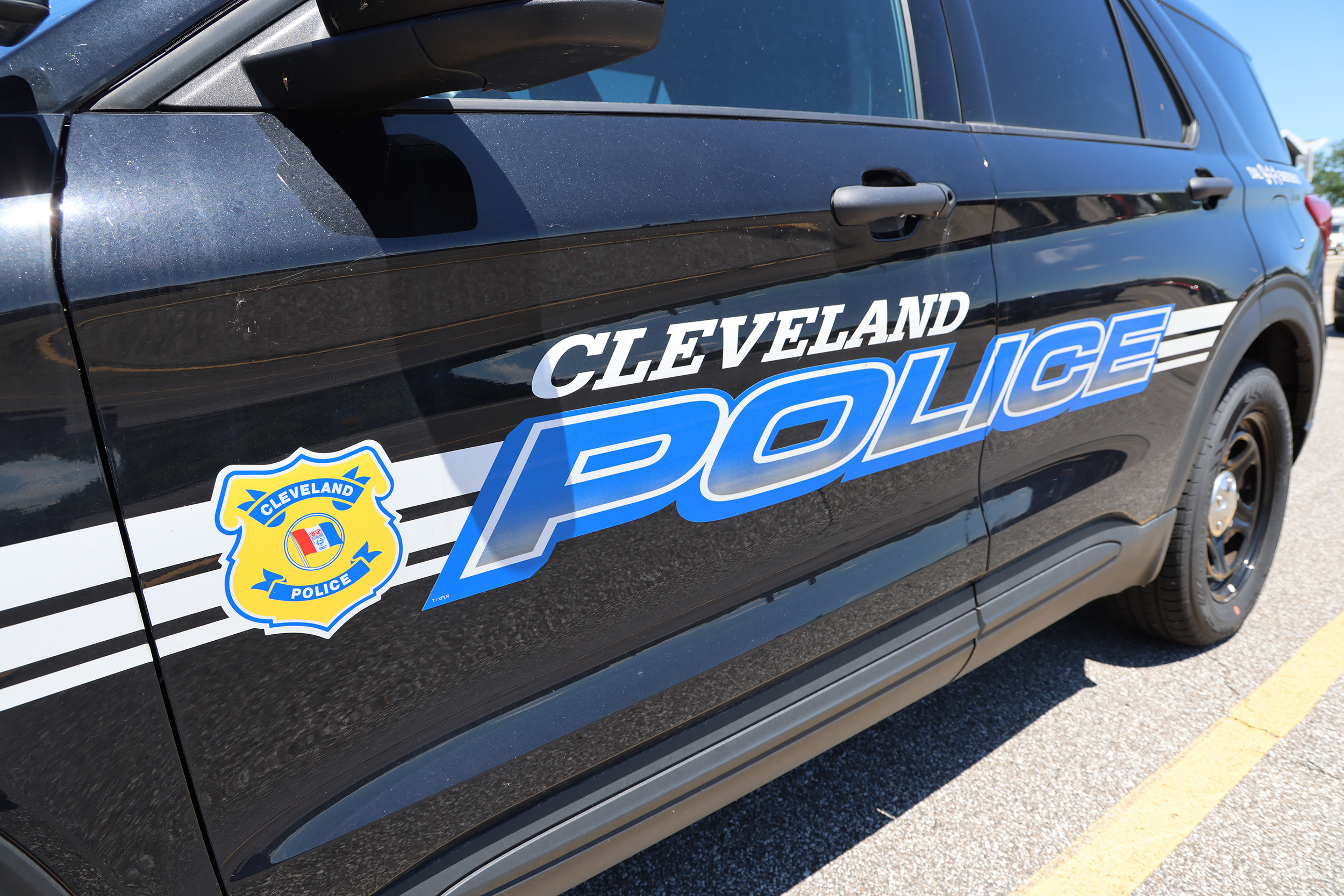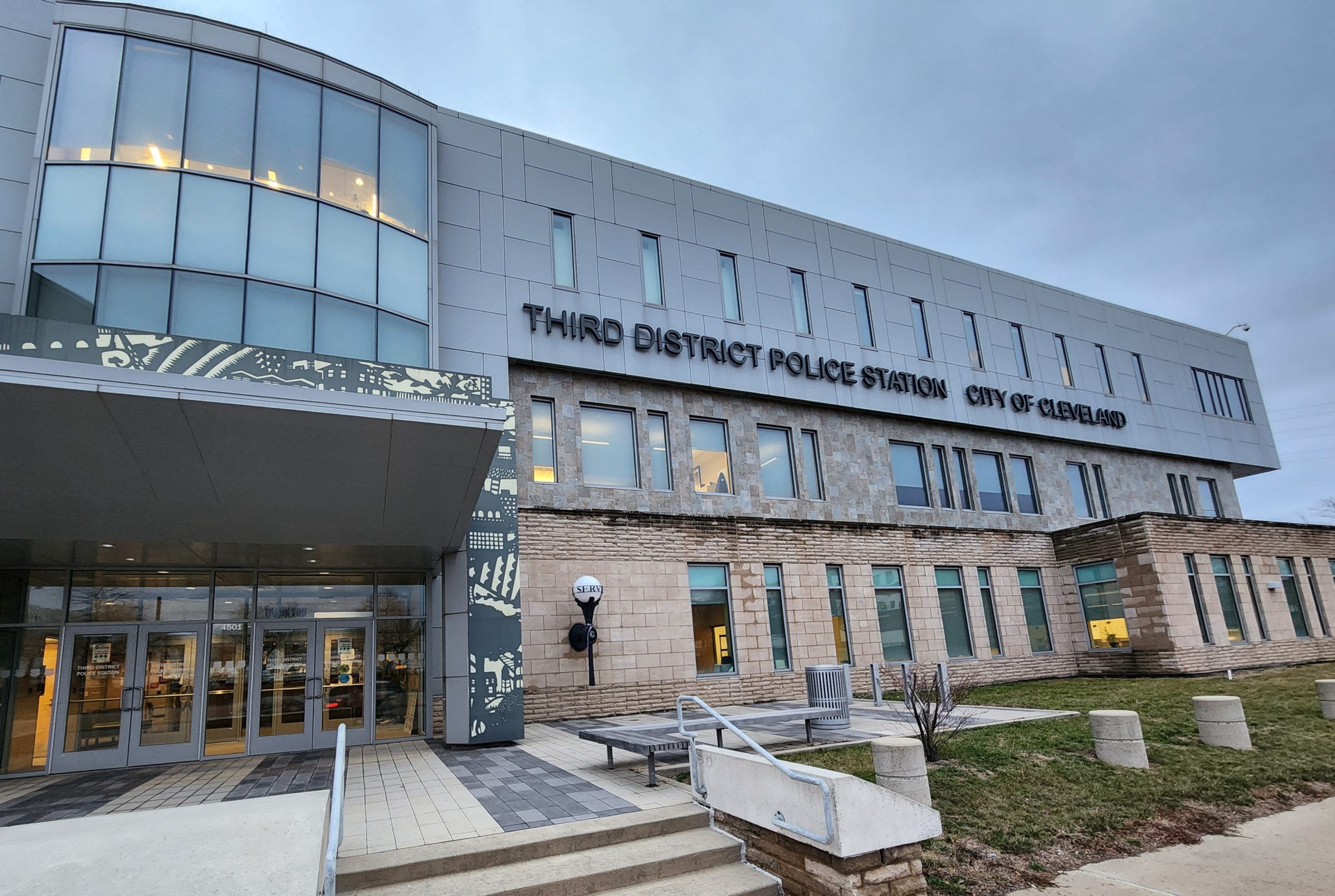Cleveland will add mental health clinicians to its emergency dispatch center to help identify and better respond to mental health crisis calls.
Their expertise may reduce police response to mental health crises and better connect callers to needed resources.
In October, Cleveland was awarded an almost $550,000 federal grant to update its 911 systems and embed mental health clinicians into its dispatch center. With additional funding from the Cleveland Foundation and matching funds from the city, that funding is now more than $800,000.
The grant is funding “Connect and Protect,” a program that will be rolled out over three years. Year one is the planning phase. By year two, the city expects to have two clinicians in their dispatch center. The current plan calls for three clinicians to be added in year three.
Call takers will be able to transfer low-level mental health crisis calls to the clinicians, who can de-escalate a situation over the phone. That could prevent police from going to calls that don’t warrant police response, said Angela Cecys, senior strategist for public safety and health with the Cleveland Department of Public Health.
The clinicians can divert calls from police and provide callers with mental health resources that would more effectively help that person, Cecys said.
The clinicians can also help dispatchers identify the most appropriate response for a crisis call.
The grant will also fund mental health training for all dispatchers.
The city is currently deciding the salaries for the clinician dispatchers as they finalize their plan for the new program.





